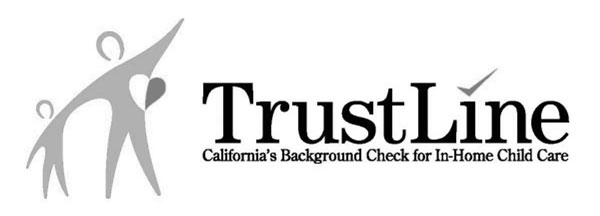Are you considering hiring a household employee to work in your home or on your New Jersey property?
Whether you’re seeking an experienced nanny, a compassionate companion for an elderly loved one, an adept household manager, or a thorough chief of staff to manage several estates, there are some important details to understand about becoming a household employer.
This requires legal and financial responsibilities that must be navigated carefully.
Best Practices for New Jersey Employers
Take the appropriate steps to become a legal domestic employer.
The first thing you should do is get an Employer Identification Number (EIN) from the Internal Revenue Service. This is a unique number that will encompass all your domestic employment documents.
With this number, you will be able to file taxes, document your employee’s wages, and ensure your financial records are accurate.
Next, you’ll need to register as a New Jersey business/employer.
Understand New Jersey’s tax and insurance requirements.
Each state has different tax and insurance requirements or details and New Jersey is no different. In fact, New Jersey is a little bit different than most, and this can be overwhelming or confusing at first.
Domestic employers are required to withhold unemployment insurance, workforce and temporary disability insurance, family leave insurance contributions, and gross income tax from each employee’s wages.
It’s vital that these are all withheld accurately, as they protect not only you as the employer, but your employee as well.
Pay wages on time and on the books.
Once you’ve found the right employee(s) to hire, you’ll need to ensure you pay them accurately, on time, and on record.
New Jersey has unique reporting documentation that’s required for all household employers, which include form NJ-927H and quarterly forms WR-30 by January 31 of the year following the year wages were paid.
It’s critical that employers maintain compliance with wage laws, which also include overtime rules and regulations.
Recognize the state benefits and protections that your employee has.
New Jersey law provides employees with temporary disability insurance and family leave insurance. These programs ensure employees receive partial wages in the event of disability or when workers need to care for ill family members.
While some benefits are required by law, many domestic employers provide even more robust benefits to their employees, which helps attract and retain the best candidates.
This includes full health insurance benefits or a health insurance stipend, a robust vacation or paid time off plan, retirement savings contributions or a 401K offering, or reimbursement for tuition or other professional development opportunities.
Develop a work agreement.
Employment contracts/work agreements are a must-have in the domestic staffing industry. This is a living document that should be discussed at initial hire and then revisited throughout your employees’ work in your home. It outlines all their job duties and responsibilities, hours and compensation details, privacy policies, benefit and time off information, and termination conditions.
This document will help clear up miscommunications and can help set expectations. If things need to be added or adjusted along the way, be sure to discuss it with your employee during a meeting or a formal review. Both parties should be in full agreement as to what’s included.
Successful household employers in New Jersey understand the legal requirements of hiring an employee for their home or property but also recognize that building a respectful working relationship is what keeps your employee from seeking employment elsewhere.
With clear communication, fair and legal pay, and a commitment to mutual respect, your home will be able to run smoothly.
In Review
To become an employer in New Jersey, visit the Domestic Employer Starter Kit. There you will:
- Obtain an Employer Identification Number (EIN) from the federal Internal Revenue Service (IRS);
- Register for NJ taxes
- Withhold Unemployment Insurance, Workforce and Temporary Disability Insurance and Family Leave Insurance contributions, as well as Gross Income Tax, from employees’ wages
Once you’re an employer, you will need to:
- File form NJ-927H and quarterly forms WR-30 by January 31 of the year following the year wages were paid
Ready to hire?
No matter what type of employee your busy home or estate requires, our team at Household Staffing works closely with you to develop a comprehensive job listing that includes all roles and responsibilities for your hire. This listing is published on our extensive network of candidate recruitment job boards, ensuring your job attracts the most experienced domestic employees in your area.
Upon application, we personally review each candidate before we introduce them to you and confirm that their capabilities meet or exceed your requirements. Our detailed and personalized process helps us to get to know our clients, ensuring we have a good understanding of home and its unique requirements.
Contact us today to get started on the hiring and interview process. We look forward to working with you!







